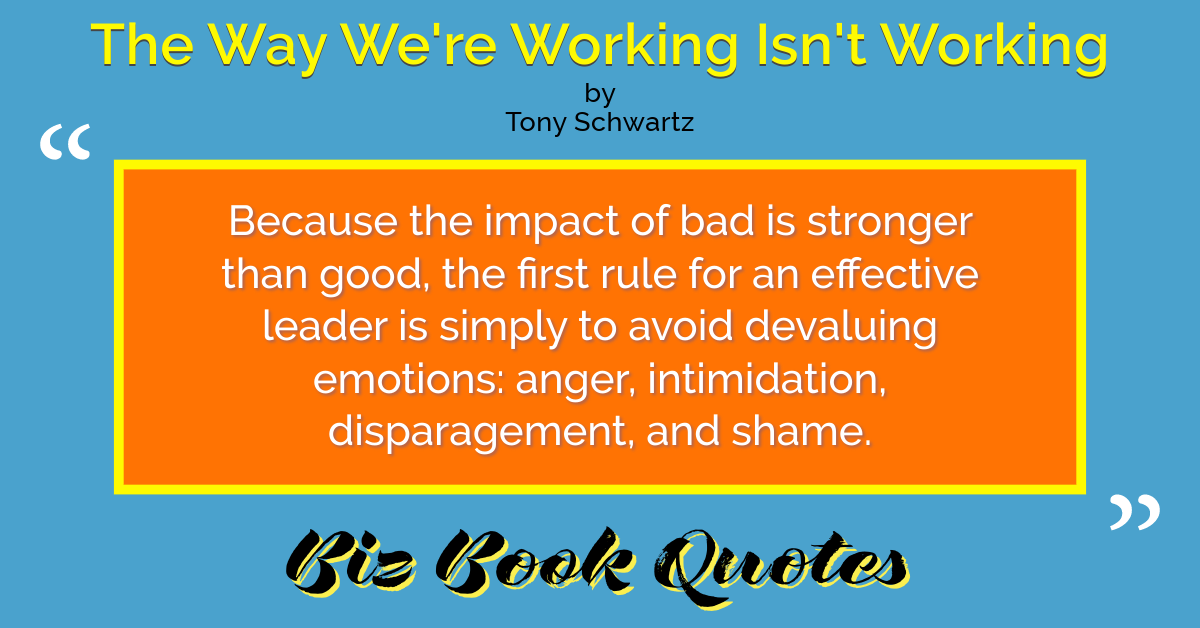 |
Because the impact of bad is stronger than good, the first rule for an effective leader is simply to avoid devaluing emotions: anger, intimidation, disparagement, and shame.
|
168 |
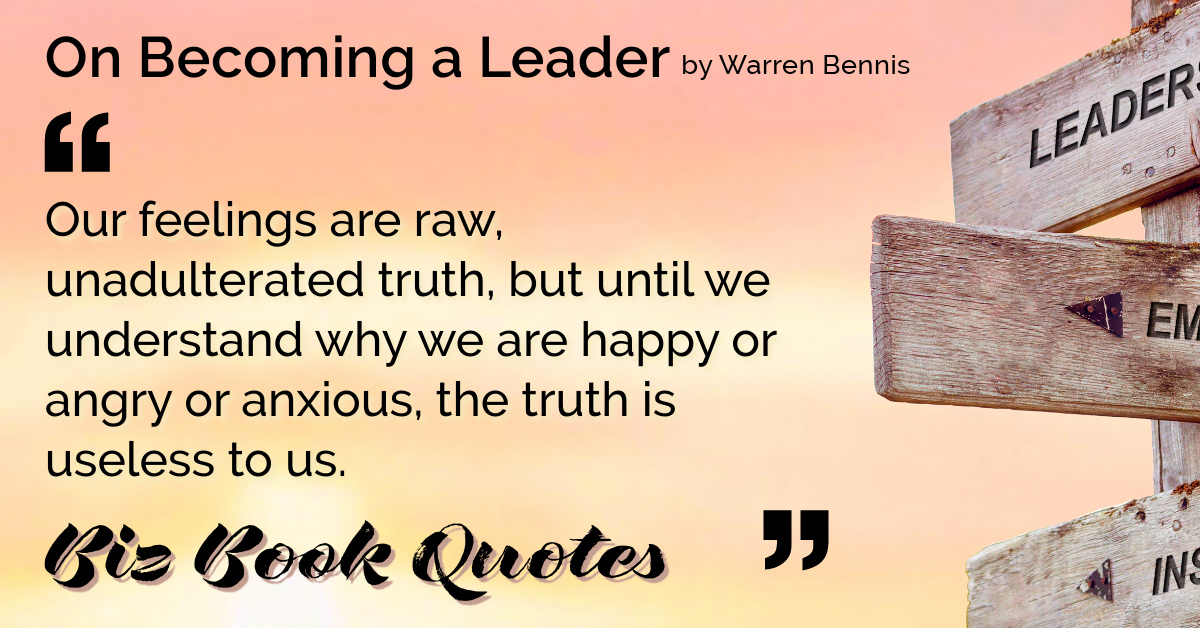 |
Our feelings are raw, unadulterated truth, but until we understand why we are happy or angry or anxious, the truth is useless to us.
|
057 |
 |
…decades of experimental research have found… when people vent their feelings aggressively, they often feel worse, pump up their blood pressure, and make themselves even angrier.
|
036 |
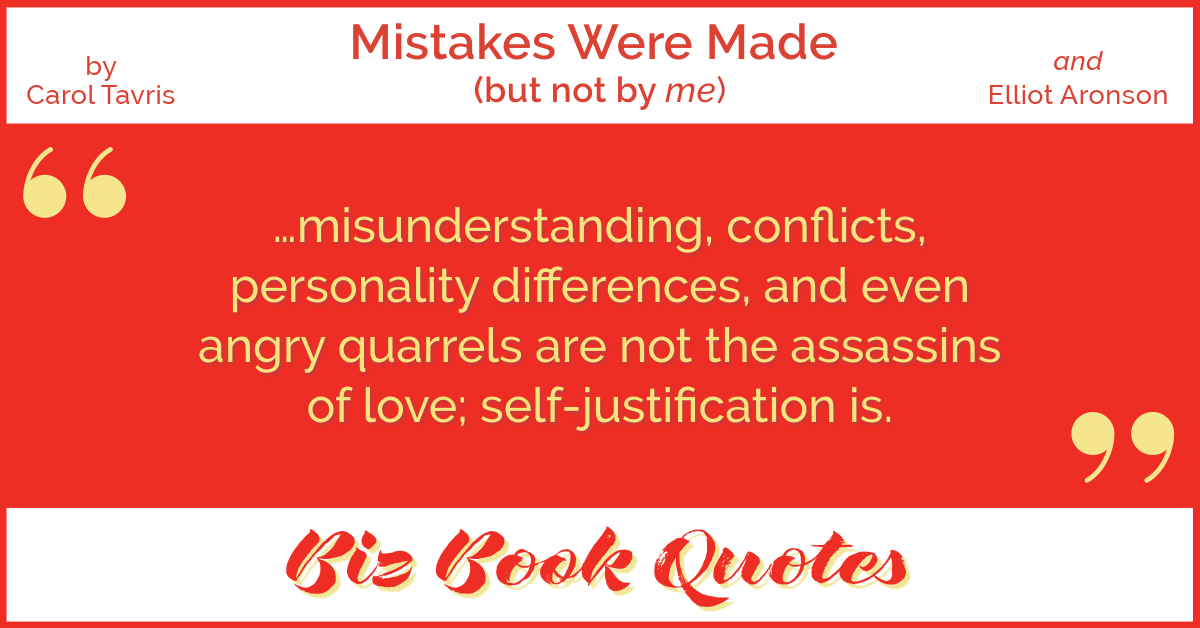 |
…misunderstanding, conflicts, personality differences, and even angry quarrels are not the assassins of love; self-justification is.
|
227 |
 |
When [anger] burns out, it leaves the ashes of resentment and contempt. And contempt is the handmaiden of hopelessness.
|
234 |
 |
There is absolutely zero cost for am anger to take time to walk the halls and ask their people how they are doing…and actually care about the answers.
|
093 |
 |
Human beings are hardwired to protect themselves. We avoid danger and seek out places in which we feel safe.
|
118 |
 |
Real or perceived, when there is danger, we act from a place of fear rather than confidence.
|
119 |
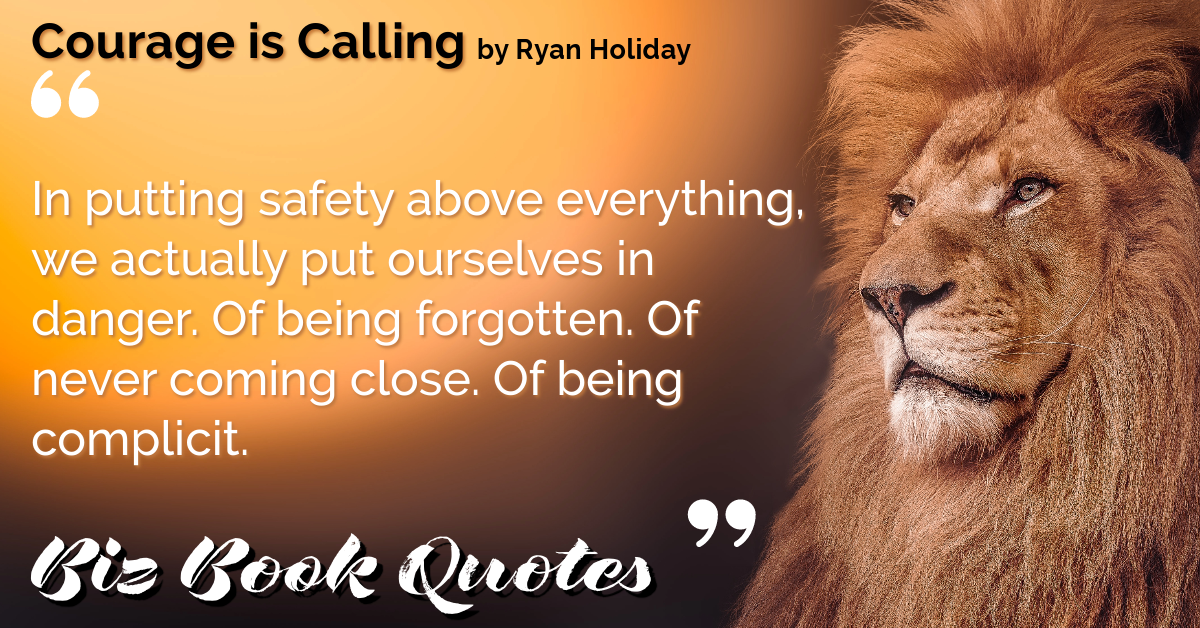 |
In putting safety above everything, we actually put ourselves in danger. Of being forgotten. Of never coming close. Of being complicit.
|
063 |
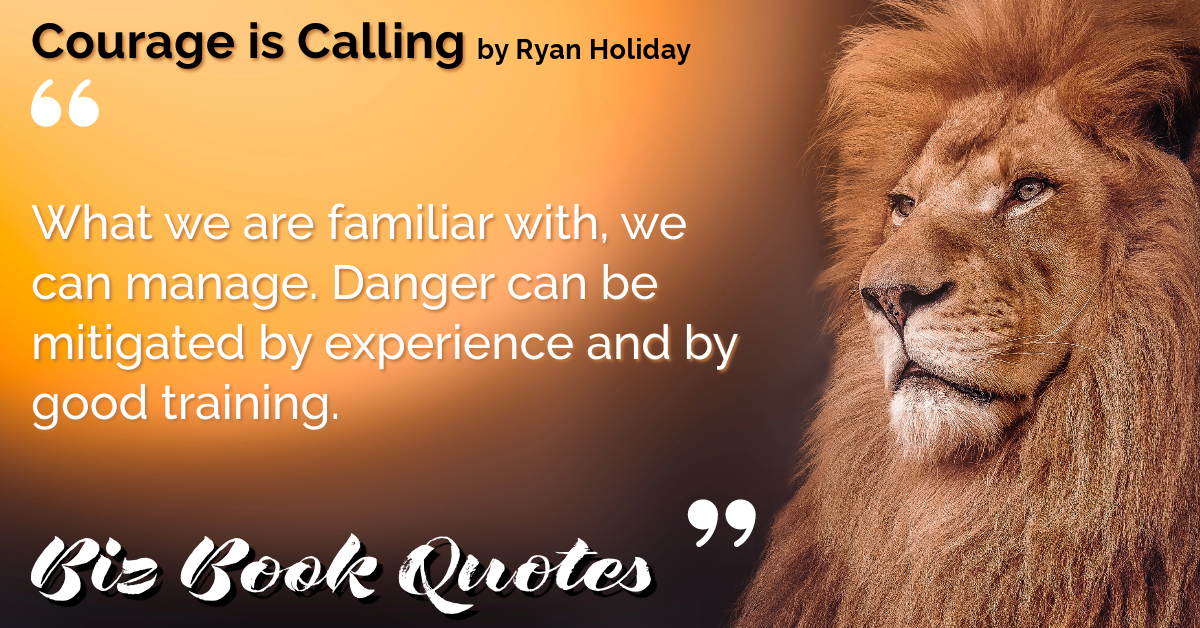 |
What we are familiar with, we can manage. Danger can be mitigated by experience and by good training.
|
103 |